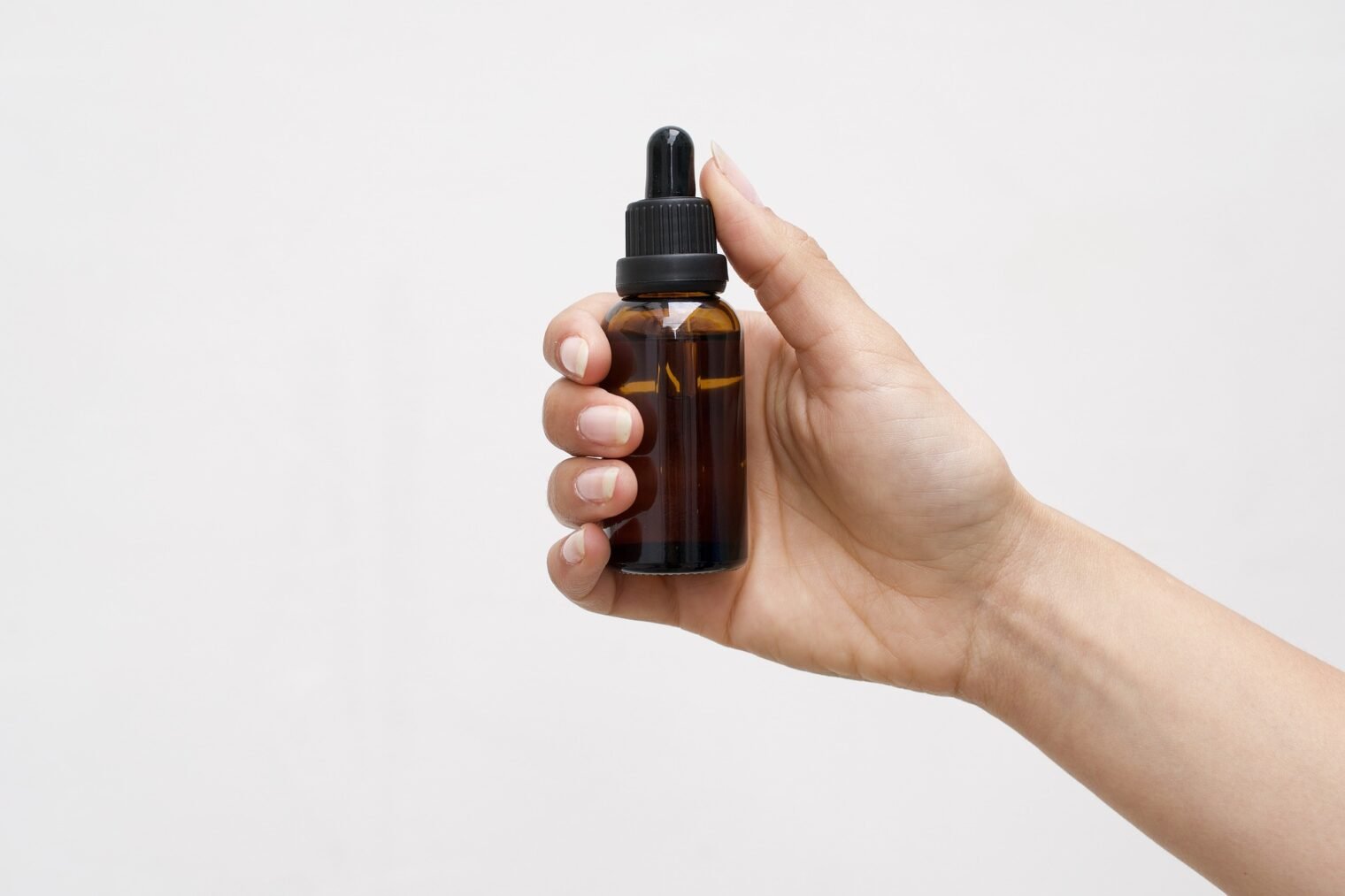Unlocking the Valuable CBD Benefits: Exploring Uses, Effects, and Risks

Table of Contents
There are so many CBD benefits that you need to know about. Many people today are searching for natural paths to health and wellness. Pain, anxiety, and sleep issues commonly disrupt lives, leaving many to seek solutions that lie outside traditional medicine.
Cannabidiol, or CBD as it’s widely known, has emerged as a promising alternative. This compound found in cannabis plants can offer relief without the high associated with its cousin THC.
Recent studies suggest CBD could help with everything from chronic pain to mental health disorders. Our blog will guide you through the benefits of CBD oil while also discussing its potential risks and side effects.
By understanding both sides, you can make an informed decision about whether CBD is right for you. Ready to learn more? Keep reading.
Understanding CBD: Uses and Effects
Understanding CBD involves exploring its uses and effects. It encompasses the therapeutic benefits for pain relief and mental health disorders, as well as potential risks and side effects.
What is CBD?
CBD stands for cannabidiol, a compound found in cannabis plants. Unlike its cousin THC, CBD does not make people feel high. Researchers have been studying the therapeutic effects of CBD on various health conditions.
This includes how it might help with pain management, anxiety reduction, and even certain mental health disorders.
Scientists extract CBD from hemp plants because these have lower levels of THC. They then turn it into oils, lotions, edibles, and other products that people use hoping to harness the health benefits of cannabidiol.
The legal status of CBD varies across places due to differing regulations concerning cannabis products. Despite this variability in legality, interest in the potential medical uses and health benefits of CBD continues to grow globally.
Benefits for pain relief and mental health disorders
CBD offers potential benefits for pain relief and mental health disorders. It may help alleviate symptoms of anxiety, depression, and stress. Additionally, some studies suggest that CBD could be effective in reducing chronic pain associated with conditions like arthritis or multiple sclerosis.
These therapeutic effects make CBD a promising option for those seeking alternative forms of relief from pain and mental health concerns.
Potential risks and side effects
Transitioning from the potential benefits of CBD for pain relief and mental health disorders to the potential risks and side effects, it’s important to consider that while many people find relief through using CBD, there are also possible downsides to be aware of.
Drug interactions can occur when taking CBD alongside certain medications, leading to adverse events. Additionally, caution is advised for individuals with blood clotting issues or those taking blood thinners, as CBD has been found to have blood-thinning effects.
It’s also worth noting that some individuals may experience increased anxiety as a potential side effect of using CBD.
Exploring the Uses of CBD Oil
Exploring the uses of CBD oil involves understanding its potential in managing sleep issues and improving heart health, as well as providing relief for cancer-related symptoms. It’s important to weigh these potential therapeutic effects against any associated risks or adverse events.

Managing sleep issues
CBD oil has gained attention for its potential to improve sleep quality. Research suggests that CBD may help manage sleep issues by reducing anxiety and promoting relaxation, which can contribute to better overall sleep patterns.
Individuals with insomnia or other sleep disorders may find relief from using CBD oil as it can potentially address the underlying causes of their sleep disturbances. Furthermore, CBD’s calming effects could aid in achieving a deeper and more restful night’s sleep.
Potential for improving heart health
CBD oil has the potential to improve heart health. Research suggests that CBD may help in managing high blood pressure, which is a significant risk factor for cardiovascular diseases.
Additionally, it is believed to have anti-inflammatory and antioxidant properties, which could be beneficial for overall heart health.
The therapeutic effects of CBD on the cardiovascular system are increasingly being explored. Preliminary studies indicate that CBD may support vascular function and aid in reducing the inflammation associated with heart disease.
Relief for cancer-related symptoms
CBD oil has shown promise in providing relief for cancer-related symptoms. Studies suggest that it may help alleviate chemotherapy-induced nausea and vomiting, as well as reduce pain and inflammation commonly associated with cancer treatment.
Additionally, CBD’s potential anti-anxiety properties could offer support for those experiencing anxiety related to their cancer diagnosis or treatment.
These findings indicate that CBD may provide tangible benefits in managing the symptoms of cancer and its treatments, offering a potential source of relief for individuals navigating this challenging health condition.
Potential Risks and Side Effects of CBD
Potential Risks and Side Effects of CBD can vary depending on individual health conditions and other medications, so it is advisable to seek professional advice before using. For a detailed understanding, read more about the potential risks and side effects of CBD in relation to drug interactions, blood thinning effects, and the potential for anxiety.
Drug interactions and potential adverse events
CBD may interact with certain medications, leading to potential adverse events. It’s important to be aware of possible interactions when combining CBD with other drugs, as it can impact their effectiveness or result in unwanted side effects.
Always consult a healthcare professional before using CBD alongside any prescription medications to minimize the risk of adverse events and ensure safe usage.
Understanding how CBD interacts with specific medications is crucial for preventing potential adverse effects. Certain drugs, such as blood thinners or anxiety medications, may have their effects heightened or altered when combined with CBD.
Blood thinning effects
CBD may thin the blood, increasing the risk of bleeding. This effect can be especially concerning for individuals who are taking blood-thinning medications or have a history of bleeding disorders.
It’s crucial to consult with a healthcare professional before using CBD, particularly if you are already taking medication that affects blood clotting.
The potential blood-thinning effects of CBD should be carefully considered by those who are considering its use as an alternative treatment. Monitoring and managing these effects require close medical supervision to ensure safety and minimize potential risks associated with CBD use when it comes to impacting blood clotting mechanisms in the body.
Potential for anxiety
CBD may contribute to anxiety in some individuals, particularly at higher doses. Research indicates that while CBD has potential anxiolytic effects in certain cases, it may exacerbate anxiety symptoms in others.
This highlights the importance of consulting with a healthcare professional before using CBD as a treatment for anxiety or related disorders. Understanding individual responses and risk factors is crucial when considering the potential impact of CBD on anxiety, making personalized guidance essential.
Exploring the complexities of CBD and its effect on anxiety underscores the need for tailored approaches to address potential concerns and optimize therapeutic outcomes.
Weighing the CBD Benefits and Risks of Cannabis Oil
Exploring the potential benefits and risks of CBD has shed light on its uses for pain relief, mental health disorders, sleep issues, heart health, and cancer-related symptoms. Understanding these effects can guide individuals in making informed choices about their well-being.
While considering practicality and efficiency, it becomes evident that CBD offers a promising avenue for addressing common health concerns. Emphasizing the importance of this topic lies in its potential impact on improving overall wellness through natural alternatives.
Encouraging further exploration into CBD’s applications beyond this article presents an opportunity for continued learning and growth. Remembering to approach new possibilities with an open mind can lead to transformative outcomes in the realm of holistic healthcare.


